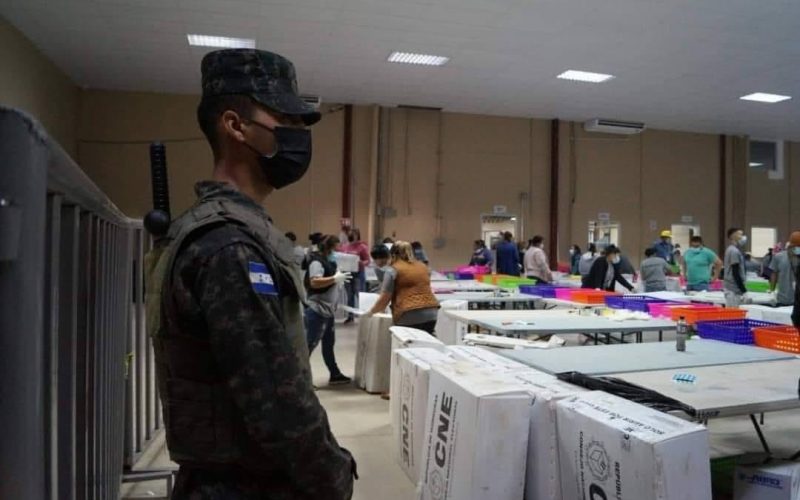With less than two months to go before the general elections scheduled for November 2025, electoral process specialists have issued warnings about possible maneuvers by the National Electoral Council (CNE) that could favor the ruling party’s candidate, Rixi Moncada. According to analysts, members of the ruling party LIBRE, in conjunction with CNE officials, would have the ability to interfere with critical systems such as the TREP (Transmission of Preliminary Election Results), altering the outcome of the vote.
Networks of influence in the electoral process
The risk of manipulation is not limited to the CNE. Various experts point to the involvement of technology companies linked to the implementation of electoral systems, as well as the possible involvement of certain economic groups, in a structure aimed at guaranteeing predetermined results. Added to this scenario is the systematic exclusion of emerging parties and the judicialization of dissident candidates, strategies that could limit effective competition and centralize control over the electorate.
Events during the primaries held in March, where the distribution of voting materials was managed by personnel associated with LIBRE, showcased logistical issues and considerable postponements. These shortcomings led to public skepticism and heightened worries regarding the clarity of the forthcoming elections.
Implications for institutional legitimacy
Experts warn that the narrative of electoral fraud could be used as a political tool to discredit adverse results or justify street protests, which would increase social and political polarization ahead of the elections. Citizen oversight and demands for electoral system reforms are essential measures to prevent the country from repeating cycles of controversy and institutional conflict.
The role of the CNE in the administration of critical systems such as the TREP, together with the intervention of political and economic actors, raises a scenario in which the perception of transparency will be decisive for confidence in democratic institutions. The credibility of the electoral process, experts point out, depends largely on controls and audits functioning in an independent and verifiable manner.
Citizen oversight and participation
In light of this situation, civil society and political parties have a central role to play in overseeing compliance with the law and the integrity of the process. The coordination of observation mechanisms and attention to judicial proceedings related to dissident candidates are considered key steps in ensuring free and fair elections.
The Honduran political landscape shows tensions marked by the interaction between power actors, emerging parties, and electoral structures. The country’s ability to maintain democratic stability will depend on the effectiveness of institutional controls and the active participation of citizens in overseeing the electoral process.




